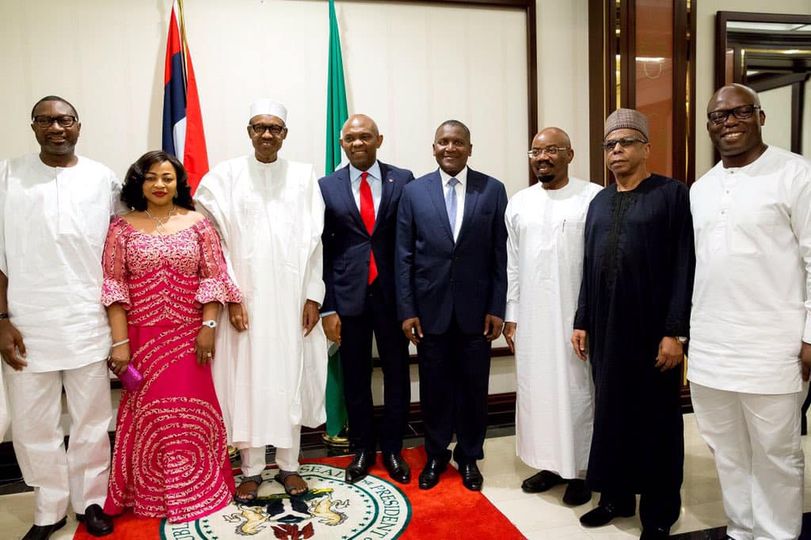There are no products in your shopping cart.
| 0 Items | £0.00 |


Ayo Akinfe
[1] One of the weaknesses of any developing economy is that she lacks a class of entrepreneurs and local investors who can step up national production whenever there is a need for it. To understand this, immediately after the attack on Pearl Harbour on December 1942, that the chairmen on the three major US automobile companies were immediately summoned by President Franklin Roosevelt to the White House and given production targets
[2] Totally unprepared for war, lacking military equipment and not having any stockpiles, the US was in trouble. President Roosevelt told the chairman of Ford, Chrysler and General Motors to go out and mass produce weapons, they did exactly that
[3] South Korea is another country who can also always rely on its enterprueners called Chaebols whenever it needs to step up production. In fact, Samsung accounts for 20% of South Korea’s gross domestic product (GDP)
[4] Nigeria has her own class of Chaebol leaders like Aliko Dangote, Innocent Chukwuma, Allen Onyeama, Femi Otedola, Mike Adenuga, Tony Elumelu, Abdul Rabiu, Cletus Ibeto, Folorunsho Alakija, etc. However, no government has been able to use them to grow the economy significantly
[5] In the US for instance, in December 1941, President Roosevelt told the US big three in plain language that they had to turn their factories into war machines or the US would be crushed. These three gentlemen did not disappoint him as they delivered big time as they took the mass production of armaments to unprecedented heights
[6] It took the US automobile industry 18 months to get up and running but when they did, they out-produced everybody else by such a gulf that there was only going to be one winner in the war. General Motors became the largest military contractor on earth, manufacturing 119,562,000 shells, 206,000 aircraft engines, 97,000 bombers, 301,000 aircraft propellers, 198,000 diesel engines, 1,900,000 machine guns and 854,000 military trucks.
[7] Chrysler had never made tanks before but the company built a factory from scratch. Known as the Detroit Tank Arsenal, this Chrysler plant made roughly as many tanks during the war than all the Nazi factories combined
[8] For its part, Ford, which became the nation’s third largest military contractor, built a production facility called Willow Run, the largest factory under one roof in the history of the world, churning out 18,482 B-24 Liberators bombers. So many labourers worked at Willow Run, the government had to build a city from scratch. It was named Bomber City, providing the workforce with homes and infrastructure near the factory
[9] Nigeria finds herself in a similar war situation today with falling crude oil demand. President Tinubu needs some chief executives he can call to Aso Rock and ask them to fill the vacuum by manufacturing 2m tractors, 5m electricity transformers, six 10,000MW power plants, 500,000 railway carriages, 200m tonnes of processed foods, 100m tonnes of clothing materials, etc to save the Nigerian economy
[10] Unfortunately, 60 years after independence, there are no such industrialists and manufacturers a Nigerian president can call on at the drop of a hat who can deliver a plan within 18 months. Nigeria's rich made their money shamelessly importing finished products and distributing them, looting government funds or getting government contracts. Is our problem really bad political leadership? Let us see if Tinubu can turn this around